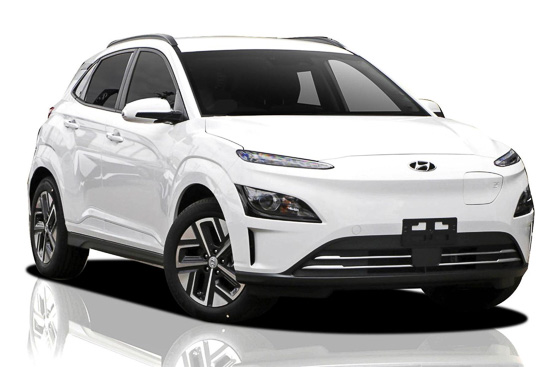Hyundai Kona Electric
by Rodney Campbell on Mar.18, 2023, under Life, Technology
Hyundai Kona Electric
Our family has just entered the wonderful and sometimes perplexing zone of Electric Vehicles
With the arrival of our first fully battery electric vehicle we’ve ostensibly joined the growing crowd of EV enthusiasts and die hard converts. I attended the Fully Charged LIVE event here in Sydney a week ago and got to see the enthusiasm for the “revolution” first hand
We’ve also entered a new world of learning about charging and all it’s related intrigue … more on that in a later post
This will be our regular small around town car that anyone in our family can drive (even P1/P2 are permitted)
Besides the cool tech geek factor, and the being considerate of the environment factor, one of the contributing factors for the switch came about with the new government incentives for low-emission vehicles (EV’s and PHEV’s)
Full battery EV’s were/are considerably more expensive (for fleet or lease buyers) than their ICE (Internal Combustion Engine) counterparts. The cost of (large) batteries adding tens of thousands to the cost of a vehicle
For example a number of old school traditional car manufacturers (like Hyundai, Volvo and others) have essentially identical spec models available in both traditional ICE form as well as EV variants. i.e. they share the same car body and internals and features and so on with the main difference being the battery and electric motors vs petrol
Comparing say the RRP of the Hyundai Kona Elite Electric (~$57K for standard battery size or ~$64K for the long range battery) vs it’s same spec’d petrol equivalent (~$36K) you can see there’s a $20-30K premium to go electric. A similar differential exists for other manufacturers cars. Sure over the life of the vehicle the running costs (maintenance and fuel) might make up for this, but it’s a heavy upfront cost for the average buyer to bear
What the new government incentives have effectively done is shrink that gap so that the effective after tax cost of fleet/leasing ends up a lot closer. Their aim is presumably get large buyers of vehicles with regular turnover (like fleet and leasing) to switch to EV’s, and in a couple years time there will be a growing pool of second hand EV’s available at reasonable prices for everyday people to purchase and switching momentum will build







